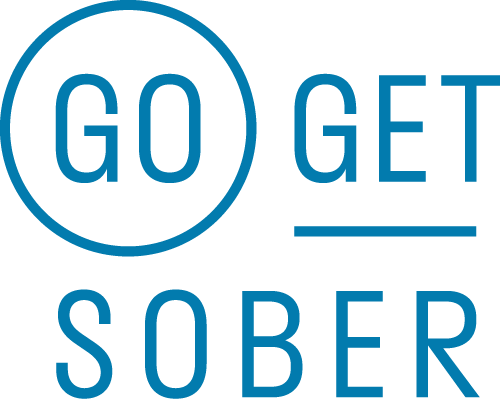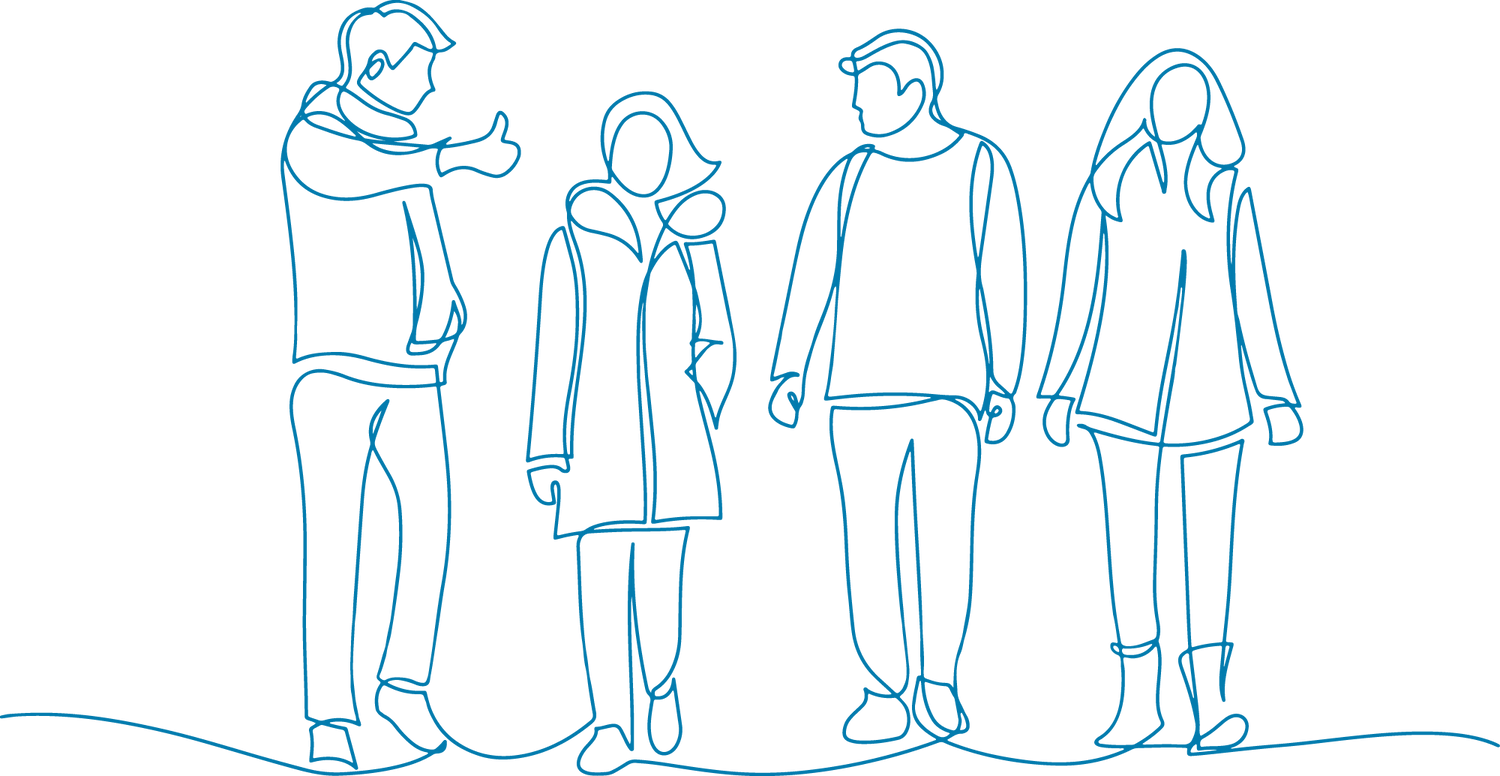Having just watched a programme all about the power of belief and how the mind can cure the body, I feel excited because it seems like more and more research is being done into how powerful a tool the mind is. And, so many different pieces of research and experimentation are concluding the same thing: that what you believe becomes your reality. And this excites me because, although I already know this to be true, it’s great to have more and more scientific evidence behind you!
The programme itself describes an experiment into the power of the placebo. 117 chronic back pain sufferers were all given placebo drugs and then kept video diaries. They didn’t know that they were all taking placebos: they thought that some of the group were being given placebos and some of the group were being given the real drug. The results of the experiment were staggering: just under 50% of the participants, who had all experienced chronic back pain for decades, ended up being either pain-free or having their pain so much reduced so that they could get on with ordinary life. For one woman, this was being able to take her children to the park and play outside with them and for an older man in his seventies, this was being able to stand and walk a bit and to get back on a boat, which he had thought he’d never be able to do again (this was one of the heartwarming and emotional moments in the programme which made it such an easy and enjoyable watch).
Over the last few decades, there has been a lot of research into “the placebo effect” and the conclusion is that the people taking them have to believe that what they’re taking is an effective treatment. Placebos have been shown to reduce physical pain, emotional pain, anxiety and depression. The science bit is somewhat over my head but it seems your brain can produce its own “opioid” pain relief in response to the belief that you’re actually taking pain relief medication. The programme showed some fascinating experiments that proved how this works.
The overall conclusion was that the placebos work because of the power of belief. What the mind believes, the body will act on.
What the programme also did was to demonstrate the power of the unconscious mind. You might have heard of Pavlov’s dog experiment where a bell was rung each time a group of dogs was fed. The dogs came to associate the feeding with the bell and so would salivate every time they heard a bell whether there was food there or not.
The presenter of the programme took this Pavlov dog experiment a stage further and became a guinea pig himself. On successive days, he drank a uniquely-flavoured and slightly unpleasant drink laced with caffeine and measured his reaction times after he’d drunk it. He also measured his reaction times before he’d taken the drink with the caffeine in it. His reaction times after the caffeine hit were significantly better. Then, once his unconscious mind had associated the taste of the drink with the “caffeine hit”, he continued taking the drink but without the caffeine in it. His reaction times after he’d drunk the drink continued to be much higher than those before he drank it and he said he felt as pumped and buzzy as if he had taken some caffeine. This proved that, although he knew at a conscious level that he wasn’t drinking caffeine, his unconscious mind associated the taste of the drink with a big caffeine hit and produced the same reaction for him. In the NLP and coaching world, we call this type of unconscious and powerful association an “anchor”.
“So, how does this all relate to your relationship with alcohol, stopping drinking and staying sober?” I hear you wondering… Well, when you know how powerful a tool the mind is (particularly the unconscious part of it) and how what you believe can have such a huge impact on your experience, even to the point of curing physical symptoms that might have plagued you for years, you start to understand the importance of working with the unconscious part of your mind and your belief systems. People in the Go Get Sober Guidance Programme will already know that this is how the programme works.
When you want to change a drinking or any other kind of habit, you need to change some of your beliefs about yourself and about your relationship with drink in order to make it much easier. If you believe sober living will be an endless struggle of temptation, denial and loss it will be. When you believe sober living will be liberating, fulfilling and full of promise, then it will be! If you believe you’re a crap and worthless person, then you’re likely to want to escape that identity by reaching for something (like alcohol) that makes you feel better. If you believe that you’re worthy, you’re good enough and you’re lovable, you eliminate the need to reach for something – you already feel good about yourself.
Changing some of your deep-rooted and unhelpful beliefs into more helpful and healthy ones makes getting and staying sober a piece of cake and this is exactly what the Guidance Programme helps you to do.
I’m looking forward to the next episode of this TV series because it’s going to follow the same group of people now they know they’re taking placebos, to measure how much their unconscious minds will continue to produce a pain-free experience for them even though they consciously know they’re taking placebos. It will hopefully prove that they have installed an unconscious association or “anchor” between physically taking the pills and experiencing significant pain relief.
Update June 2019: This TV series is no longer available on iplayer. I'll let you know if I come across anything else on this subject that's interesting and accessible.


